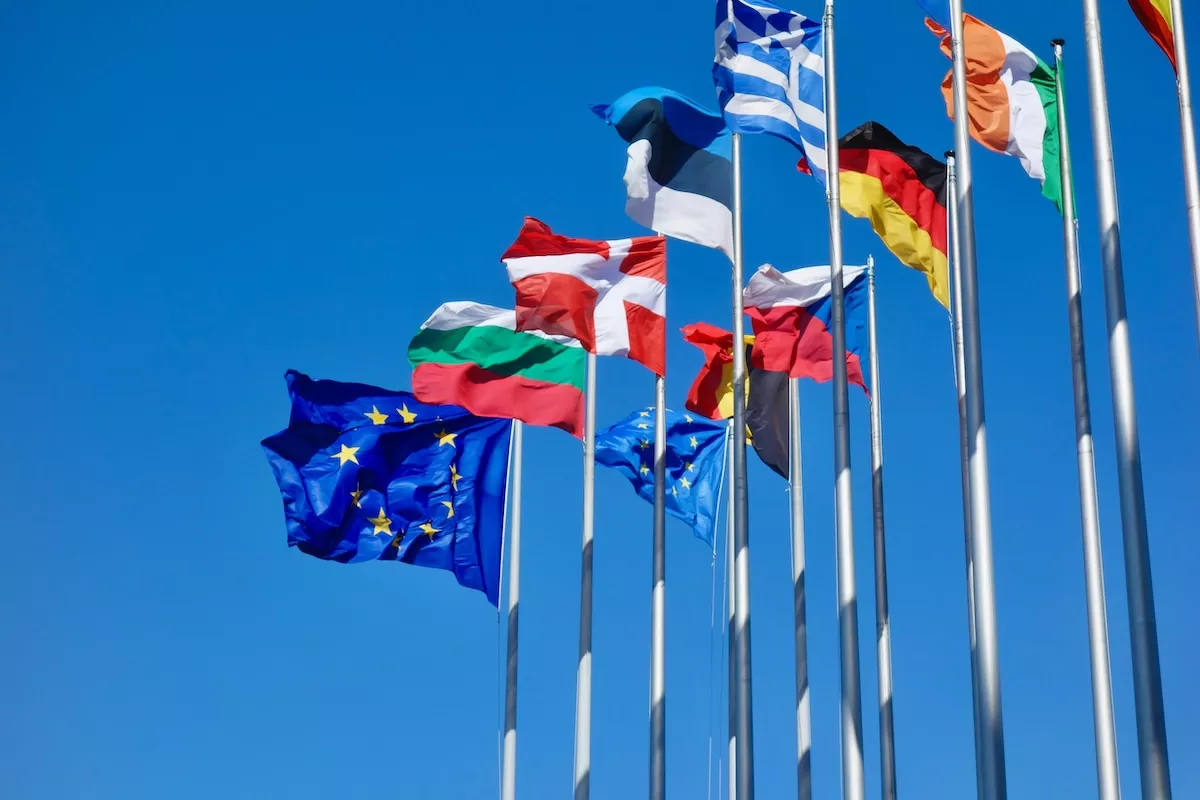The European Commission has announced a sweeping new initiative to redefine its relationship with key partners in the Mediterranean, unveiling on Thursday a “Pact for the Mediterranean” designed to foster deeper integration and shared responsibility across the region.
The strategy, presented in Brussels, focuses on long-term collaboration in sectors ranging from trade and migration to energy transition, digitalisation, and education. Ten countries are directly included in the pact: Algeria, Egypt, Israel, Jordan, Lebanon, Libya, Morocco, Palestine, Tunisia and Syria.
“A paradigm shift” in how Europe engages with the region
“This is about achieving deeper integration within the Common Mediterranean Space,” the European Commission said in a statement, describing the pact as a “paradigm shift” in how the EU approaches cooperation—with an emphasis on co-ownership, co-creation and joint responsibility.
The agreement outlines projects that will target renewable energy, decarbonisation, climate change adaptation, water management, disaster preparedness, and critical raw materials, which are increasingly central to the EU’s supply chains. It also proposes the creation of a Mediterranean university and new initiatives in education and cultural exchange.
Economic integration also features prominently in the plan, particularly in agriculture, fertiliser production and trade, as the EU looks to reduce dependencies while strengthening ties with its southern neighbours.
While the pact focuses on the ten core countries, Brussels left the door open to collaboration with Gulf nations, Turkey, Mauritania, Senegal, the Western Balkans and Black Sea partners.
“Partnerships among equals” or limited consultation?
Presenting the pact, European Commissioner Dubravka Šuica said the approach marked a departure from past EU strategies, describing it as “bottom-up” and built on input from civil society and not just governments. “We are creating partnerships among equals,” she said during the press conference.
But critics have already pushed back, calling the consultation process incomplete and top-heavy.
Moataz El Fegiery, Vice-President of EuroMed Rights, said that many of those directly affected by repressive regimes were not included in the dialogue. “The clear focus on investment and trade and the absence of any reference to democratic reforms… risks favouring state-to-state cooperation,” he said, referencing the now-defunct Barcelona Process of 1995, which failed to deliver lasting political reform.
Competing for influence in a crowded geopolitical arena
The new pact also comes at a time of rising global competition for influence in the Mediterranean. Asked how the EU plans to position itself alongside China and Russia—both of which have invested heavily in the region—EU foreign policy chief Kaja Kallas said Brussels must remain “credible and reliable”.
“We are contributing positively by promoting an equal partnership,” Kallas said, also noting that the EU is raising concerns about Russian sanctions circumvention and disinformation activities.
Stay updated with Monaco Life: sign up for our free newsletter, catch our podcast on Spotify, and follow us across Facebook, Instagram, LinkedIn, and Tik Tok.
Photo credit: Antoine Schibler, Unsplash
